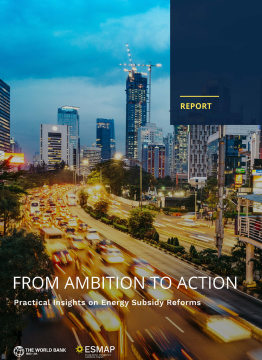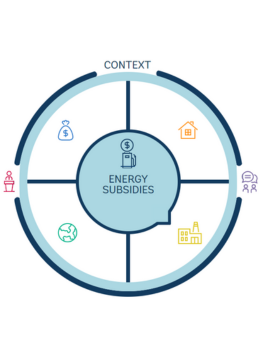Every year billions of dollars are spent on fossil fuel subsidies globally. Energy subsidies are meant to protect poor and vulnerable households and competitive enterprises from high energy costs. However, many energy subsidies fail to serve this intended purpose and lead to waste of limited resources. By artificially lowering the cost of energy consumption, subsidies cause economic distortions, impacting all segments of the economy. These subsidies also impose a heavy fiscal burden on governments and divert resources away from other critical priorities, such as investing in service delivery in health, education, and social protection, resilient infrastructure, and other development goals. The opportunity costs of energy subsidies are more significant for developing countries, where investment needs in human development and infrastructure are substantial and fiscal resources are limited.
ESMAP’s Energy Subsidy Reform Facility (ESRF), which was established in 2013, supports developing country governments in designing and implementing energy subsidy reform programs. The facility was established to meet the demand for technical, analytical, and advisory support on diverse and interrelated issues to be addressed while reforming energy subsidies.


























